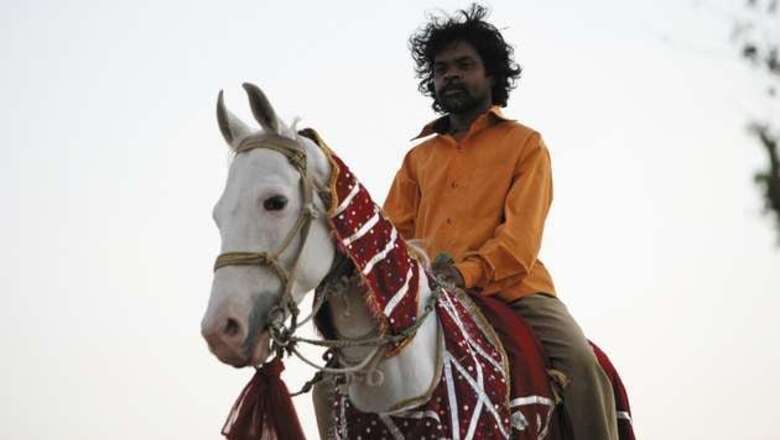
views
Mumbai: Peepli Live will go down in Indian cinematic history as one of the nation's best satires. But, how much of it is original?
The basic plot line of the film – of a media jamboree being made from a small incident – is similar to Oscar-winner Billy Wilder's 1951 satire Ace in the Hole (aka The Big Carnival) where a journalist blows up a simple story of a man trapped in a mine into a national scoop. A media gold-rush results while the man dies.
Debutante director Anusha Rizvi says, "It's a compliment to compare my film with a great director like Billy Wilder. But I saw the film around 10 months back when some friends told me of it. But Peepli Live had almost been finished by then."
While the Wilder film was a satire only on the media and gossip-fetish, Peepli Live paints a much larger canvas. At the forefront is a farmer's suicide and how this is turned into a nautanki (farce show) by the media and politicians.
Peepli Live, despite being fiction, holds a mirror to our consumerist society, politics, government and media.
And like a good satire, it is filled with brilliant observations like the contrast between an obnoxious Hindi media and the uncaring, elite English media. "The difference in the representation of the two media was not judgemental or to say that one is better than the other. It is simply what is going on," says Anusha.
Indeed, add to this the sarcastic attention to detail (a patient trying to hang his own saline bottle), the juxtaposition of dialogues and images (the psychological analysis of Natha's excreta by a reporter on national television), the subtle surrealism (Natha on a horse, the emaciated earth digger) and so on is sheer brilliance.
"The film is fiction shaped by years of social and personal experience," says Anusha.
Yet what adds a sense of realism are the hints (characters surnamed Kidwai will ring many bells to those familiar with politics) and the reference to the American seed company Monsanto, accused for being responsible for thousands of farmers' suicides in India. In the film, it's cheekily called Sonmento.
Talking about differences with producer Aamir Khan, Anusha says, "Two highly creative people who have worked for years on a film will naturally have differences. This is healthy. Yet, what speaks in the end is the work. Being mature people we ignored it, or agreed to disagree with each other."
Aamir, however, is all praise for Anusha. He writes in his blog: "But she (Anusha), in her very first film, has dealt with the material with such maturity that it left me stumped. Astonishingly Anusha has never assisted anyone, nor has she been to film school. I think, in her we have a talent to look out for."




















Comments
0 comment